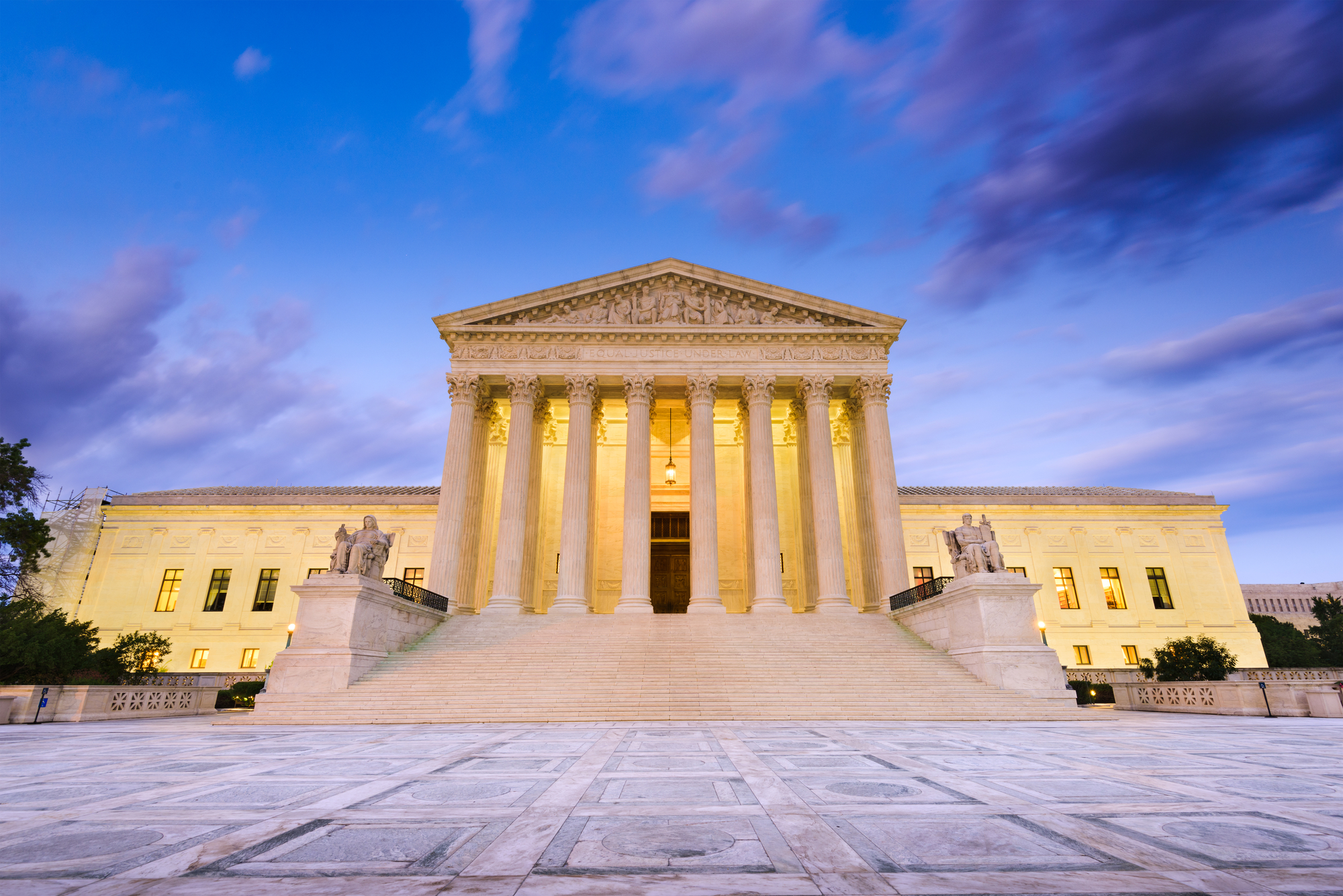How Does 303 Creative v Elenis Affect Employers?
Last Updated on July 7, 2023
On June 30, 2023, the US Supreme Court made its much-anticipated ruling in the 303 Creative v Elenis case. In a 6-3 ruling, the Court ruled in favor of a Colorado website designer who refused to make wedding websites for same-sex couples due to her Christian beliefs.
303 Creative v Elenis Case Background
Lorie Smith, a devout Christian, is the owner of 303 Creative. The company develops websites and provides graphic design services. In an attempt to expand her services, she intended to start building websites for weddings. Due to her Christian beliefs, she did not want to build them for same-sex weddings and wanted to post a message on her website stating such. However, by not providing websites for same-sex weddings she would potentially violate the Colorado accommodations law, which prevents companies from discriminating against the LGBTQ community among other protected classes. Therefore, she preemptively went to federal court claiming the law restricted her First Amendment rights of free speech.
The Ruling
In its ruling, the Supreme Court distinguished companies that use “expressive designs” or “expressive activity” from other companies that do not carry free speech protections. Therefore, the Court concluded the website business provides original and customized creations rather than an “ordinary commercial product.” In writing for the majority, Judge Gorsuch explained the First Amendment “protects an individual’s right to speak his mind.” He went on to state the First Amendment generally also protects an individual from being required by the government to voice a particular message.
In this case, the consensus was that the websites are a type of speech. Judge Gorsuch stated Ms. Smith had to choose between following her religious beliefs and violating Colorado law or following the law and violating her religious beliefs. Based on that, Judge Gorsuch stated the Colorado law violated her First Amendment rights of free speech.
How 303 Creative v Elenis Affects Employers
It is important to note that this ruling does not affect businesses in their capacity as employers. This ruling relates to the selling of services to the public and does not afford protections to employers who do not wish to hire members of a protected class.
Time will tell how this ruling ultimately affects businesses and their rights to preclude providing services to a protected class. However, the ruling is narrow in the types of services it addresses. The ruling specifically states that it addresses companies that use “expressive designs” or “expressive activity”. Due to the US Court of Appeals for the 10th Circuit agreeing the websites are considered speech, the ruling does not define “expressive designs” or “expressive activity”. As we move forward, we will see how the courts define the terms as subsequent cases are brought to trial. However, the current belief is the ruling will not affect the vast majority of businesses that do not provide expressive services.
Have Questions? Contact MyHRConcierge
MyHRConcierge assists employers across the United States stay compliant with federal and state regulations. If you need HR or Employee Screening assistance, contact MyHRConcierge at 855-538-6947 ext. 108 or ccooley@myhrconcierge.com. You can also schedule a consultation below:

